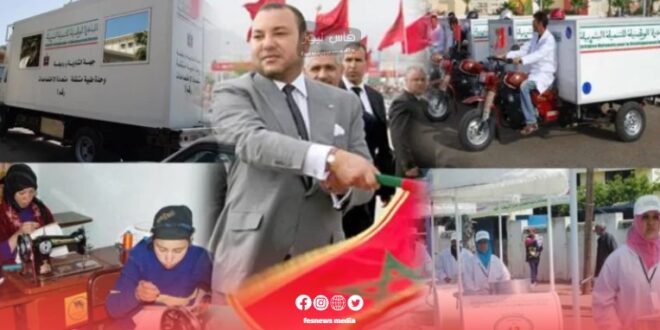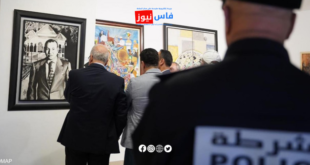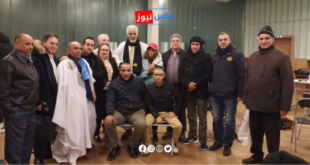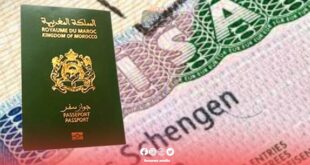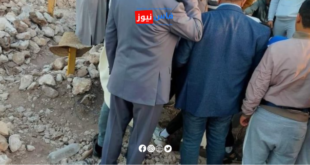A recent report by the Carnegie Endowment for International Peace revealed a notable economic transformation in Morocco during King Mohammed VI’s reign. The report highlighted several key points illustrating this transformation:
Since ascending to the throne in 1999, King Mohammed VI has adopted an ambitious vision for modernization, leading to significant economic and social progress over a quarter of a century. This progress is reflected in the increase in life expectancy by nine years between 1998 and 2023, the doubling of per capita income (in real terms), and the decrease in the absolute poverty rate from 15.3% in 2001 to 1.7% in 2019.
Morocco has successfully integrated into global value chains by developing world-class infrastructure such as the Tanger Med port, attracting foreign direct investment and promoting an export-oriented industry. The kingdom has also maintained the manufacturing industry’s contribution to GDP at around 15%, while increasing the share of medium-technology products in industrial exports.
On the regional level, Morocco has developed new forms of cooperation with sub-Saharan African countries, including the recently announced Atlantic Initiative.
Despite these successes, the report points to the need to create more job opportunities, especially for women and youth, and to reduce social and spatial disparities. To address these challenges, Morocco has launched a new development model aimed at avoiding the “middle-income trap”.
In conclusion, the Carnegie Endowment report highlights the significant progress made by Morocco under the leadership of King Mohammed VI, while acknowledging the remaining challenges to continue this economic transformation.
 فاس نيوز ميديا جريدة الكترونية جهوية تعنى بشؤون و أخبار جهة فاس مكناس – متجددة على مدار الساعة
فاس نيوز ميديا جريدة الكترونية جهوية تعنى بشؤون و أخبار جهة فاس مكناس – متجددة على مدار الساعة

